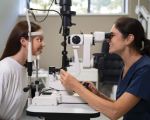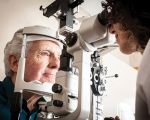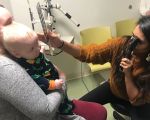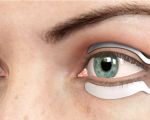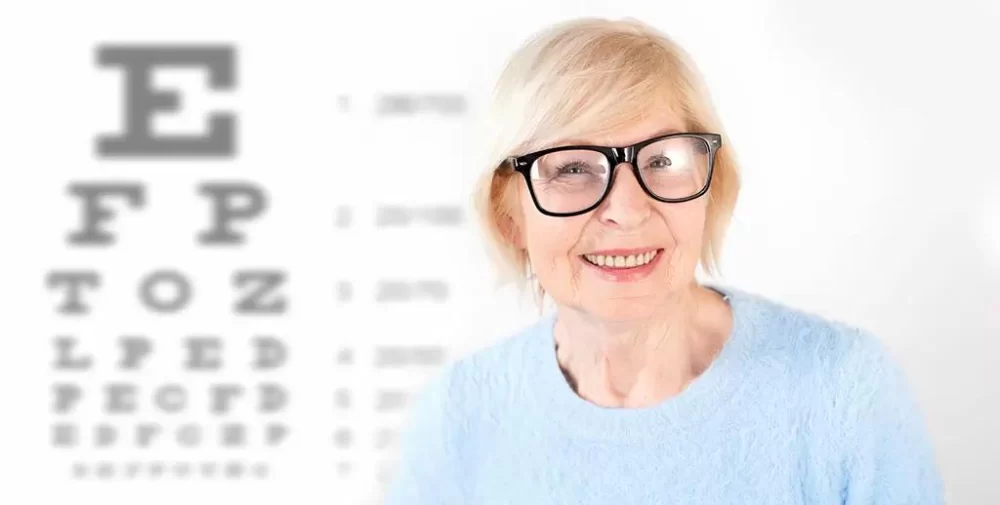
Why Vision Care Is Crucial for Older Adults
As I’ve grown older, I’ve come to realize just how essential it is to take care of my eyes. Vision problems tend to creep up with age, and in many cases, they can lead to significant challenges in daily life. That’s why vision care for older adults is more important than ever. It’s not just about being able to see clearly—it’s about maintaining independence, ensuring safety, and enhancing the overall quality of life. In this article, I want to share my personal experiences and dive into why taking care of our eyes as we age should be a top priority.
Understanding the Common Vision Issues for Older Adults
As we get older, it’s almost inevitable that our eyesight will change. Some issues are more common than others, and understanding them can help us take proactive steps to care for our eyes. Let me walk you through some of the most frequent vision problems that older adults face:
1. Presbyopia: This is perhaps the most common age-related vision issue. Presbyopia is a condition where the lens of the eye loses its ability to focus on close objects. You might find yourself holding reading materials at arm’s length or struggling to see small text. It’s a natural part of aging, but there are solutions, including reading glasses or bifocals.
2. Cataracts: Cataracts are cloudy areas that develop in the lens of the eye, causing blurry vision. It’s a very common condition in older adults. If left untreated, cataracts can impair vision significantly. Fortunately, cataract surgery is highly effective and can restore vision.
3. Glaucoma: Glaucoma is a group of eye conditions that cause damage to the optic nerve, often due to high eye pressure. If not detected and treated early, it can lead to permanent vision loss. Regular eye exams are essential for early detection, as there may be no obvious symptoms until significant damage has occurred.
4. Age-Related Macular Degeneration (AMD): AMD is a leading cause of vision loss in older adults. It affects the central part of the retina (the macula), leading to blurred or distorted vision. While there is no cure, treatments can slow the progression and help manage symptoms.
How to Take Care of Your Eyes as You Age
Now that I understand the common vision problems older adults face, I’ve learned the importance of taking proactive steps to maintain eye health. Here are a few tips and practices that have worked for me and many others:
1. Regular Eye Exams: The first step to maintaining healthy vision is scheduling regular eye exams. I visit my eye doctor once a year to check for any early signs of eye conditions. The earlier problems are detected, the easier they are to treat. If you’re over 60, it’s especially important to have a thorough eye exam every year.
2. Protect Your Eyes from UV Rays: UV radiation from the sun can cause damage to the eyes over time, increasing the risk of cataracts and macular degeneration. I always wear sunglasses with UV protection when I’m outdoors, even on cloudy days. Wide-brimmed hats are also great for additional protection.
3. Eat a Nutrient-Rich Diet: What you eat plays a huge role in your eye health. I’ve incorporated foods rich in antioxidants, such as leafy greens, carrots, and fish high in omega-3 fatty acids, like salmon, into my diet. These nutrients can help protect against age-related eye diseases like AMD and cataracts.
4. Stay Active: Exercise doesn’t just keep your body healthy—it also supports eye health. Regular physical activity can help maintain a healthy weight and reduce the risk of diabetes, which is a leading cause of vision problems in older adults. I find that a daily walk works wonders for both my body and my eyes.
Real-Life Story: How Vision Care Improved My Daily Life
Let me tell you about a moment in my life that really brought the importance of vision care into perspective. A few years ago, I started noticing that my eyesight wasn’t what it used to be. I was struggling to read the fine print on medication bottles, and my night vision had become blurry. It wasn’t until a friend suggested I see an eye doctor that I realized how much I had been ignoring my vision problems.
After a comprehensive eye exam, my doctor diagnosed me with early-stage cataracts and prescribed a simple pair of reading glasses. It was a small change, but it made a huge difference in my daily life. I was able to read again without straining, and I felt much more confident driving at night. This experience taught me that even subtle changes in vision should never be ignored, and it’s crucial to take action early.
When to Seek Professional Help
Although many vision problems in older adults can be managed with corrective lenses or minor treatments, it’s important to know when to seek professional help. If you experience sudden vision changes, pain, or persistent issues, don’t wait. Early intervention can prevent further complications and even preserve your sight.
In my case, my doctor was able to monitor my cataracts over time and recommend surgery when necessary. I’m grateful that I took the initiative to visit a specialist and address my eye health concerns early. If you’re ever uncertain about your vision or if something feels off, don’t hesitate to reach out to an eye care professional. It’s always better to be proactive than to wait too long.
Eye health is not just about seeing well; it’s about maintaining an active, independent lifestyle as we age. The more we learn about the changes our eyes go through and how to care for them, the better we can preserve our vision and quality of life for years to come. If you’re looking for professional advice or vision care services, I recommend checking out reliable sources, such as Eye Docs, where you can get the best care tailored to your needs.


